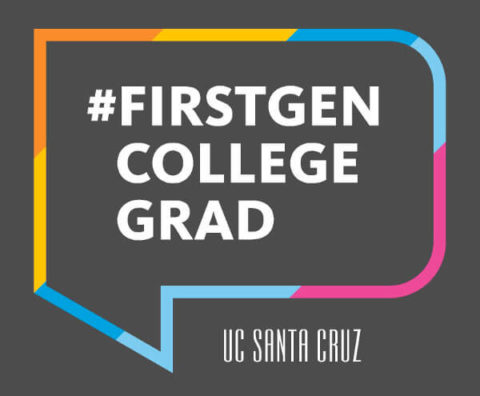Virginia Espino was horrified when she learned in graduate school that a group of women, mostly Spanishspeaking immigrants, had been involuntarily sterilized during the late ’60s and early ’70s at the LA County–USC Medical Center.Above: Virginia Espino, Photo by Anastasiia Sapon

“I was appalled that it happened. It was something that was so shocking,” said Espino. “And then I became angry that it was something I’d never learned about.”
In 2010, the oral historian and UCLA lecturer teamed up with her neighbor, film director Renee Tajima-Peña—former graduate director of the M.F.A. Program in Social Documentation and professor of film and digital media at UC Santa Cruz—to make sure the story was not forgotten. The result was the Emmy-nominated documentary, No Más Bebés. The film tells the story of the 10 women who sued, alleging they’d been coerced or misled into giving their permission for a tubal ligation while they were at the hospital to give birth, an outgrowth of a federally funded program designed to limit population growth.
The 2016 documentary won a number of awards and was screened on PBS stations across the country. Reviewer David Montgomery of the Washington Post said Tajima-Peña and Espino “dug deep into history to show the complexities of the episode, which, in other hands, could have been reduced to a black-and-white morality tale.”
The women eventually lost their class-action lawsuit. But the Los Angeles County Board of Supervisors issued a formal apology to them in 2018. That was the most satisfying part of the story to Espino, who is married to the Pulitzer Prize–winning journalist and fellow alum Hector Tobar (Oakes ‘85, Latin American studies/sociology). It was finally an acknowledgment, said Espino, “that their story was believed.”

